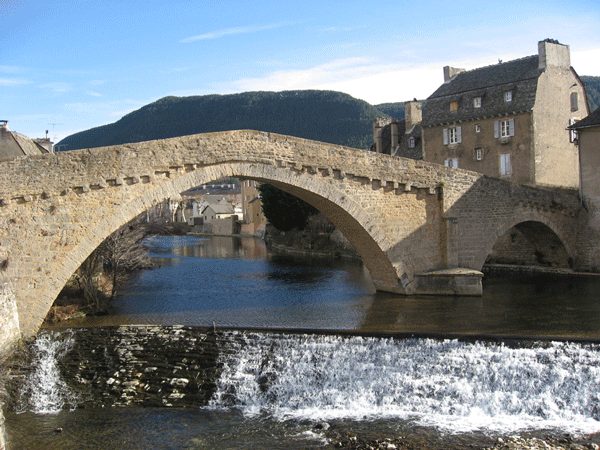
|
|
|
Open sessions > S.2 – Engaging all Five Senses with the Landscape: Exploring Sensorial Tools for the Representation, Design, Planning, and Management of Rural LandscapeS.2 – Engaging all Five Senses with the Landscape: Exploring Sensorial Tools for the Representation, Design, Planning, and Management of Rural LandscapeChair – Wang Kuang-Yu, Chung Yuan Christian University. Claire Planchat, UMR Territoires. Abstract: Sensorial approaches can be complementary to the commonly applied rational tools for landscape planning and territorial development. Examples can be found more frequently in urban contexts where art and sensorial approaches have been used for planning and engaging people. However, there are fewer examples in rural landscape planning and development. The sensorial approach uses the five senses in the context of rural landscape planning. It means using sensitive practices in workshops to highlight the geographic traits of an area, which could become assets for sustainable, inclusive, local development. For example, developing the sight, the touch and the sounds of an area by creating audible artworks, which allow inhabitants to look at, and listen to, the places and landscapes of their daily lives in different ways. The other example is developing a representation of the locality (or new locality) through its tastes. Creating (new) food recipes and organizing meals using local resources - with the collaboration of artists, chefs, residents, artisans, shop owners, landscape architects, and local officials - could help to highlight the links between the landscape, resources, products, and producers and to develop new strategies for improving the quality of life and sustainable development of the locality. In the contemporary context, as the urban-rural and global-local exchanges have significantly increased, the development of an area could be connected to, and driven by, the global and interregional sources from beyond the locality. This might prove alien to the locality and the sensitivities of the inhabitants. The new strategies for sustainable local development, under situations of interregional exchanges and competition, could be the differentiation of local products (material and non-material) on the basis of territorial resources and identities. Sensorial workshops could help to unleash people's imagination and experience, placing them in unusual situations, and allowing their daily life experience to be transformed into new creativity. This session aims to explore, within the contemporary context, how sensorial approaches/tools/workshops can help in the representation of the landscape of a locality and as a medium for enrooting sustainable, inclusive, territorial development. The session welcomes presentations, dialogs, case studies, projects, evaluations, comparative studies, and interactive demonstrations on the subject. We aim to create a network for future collaborative projects (research/practice), applicable workshop programs and teaching programs.
Program
Monday, Clermont-Ferrand, 14:00-18:00 – S2 (Indoor and Outdoor) Chairs: Wang Kuang-Yu, Department of Landscape Architecture, Chung Yuan Christian University, Taiwan and Claire Planchat, VEDI Agency, JRU Territoires.
|


